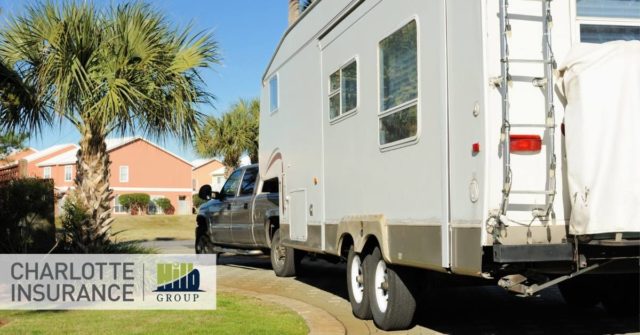You’re ready to book a condo for this year’s summer vacation. You’ve got a to-do list, a checklist, and lots of unpacked luggage waiting to be filled. But wait? Do you need special insurance for your vacation or will your homeowners insurance cover you?
Here’s what you need to know.
What Your Homeowners Insurance Covers
Homeowners insurance typically follows you (and your belongings) around town and on vacation, which is great news! But before you leave, there are a few things you need to know.
Liability Coverage
Your liability coverage will cover you while on vacation if a third-party – guest, vendor, stranger – gets hurt or has property damage that you’re responsible for. For example: if your dog bites someone while you’re on vacation, your liability coverage will pay the medical expenses and potential legal fees.
However, your homeowners insurance won’t cover damage you cause to the rental itself. That will be the responsibility of the owner of the property you’ve rented. But they may have rules and requirements about what you’ll owe if you or someone in your party causes damage. You won’t be able to file a claim with your home insurance, meaning the cost will be your financial responsibility.
Personal Property Coverage
The biggest way your homeowners insurance protects you while you’re on vacation is through your personal property coverage. Your personal belongings are covered against specific perils whether you’re at home or away from home. Personal property coverage comes with specific policy limits and those may be lower when you’re away from home. Before you leave on vacation, find out if your limit decreases and by how much.
Your personal property coverage won’t offer adequate coverage for your belongings and any “toys” you bring with you: RV, boat, motorcycle, jet skis, etc. You’ll want to have separate policies for your recreational vehicles. These specialized policies offer equipment protection, towing protection, as well as liability coverage and repair/replacement coverage. It’s a good idea to have it year-round. But it’s especially useful on vacation when anything can go wrong, and you can’t easily get to your preferred repair shop.
What Your Homeowners Insurance Doesn’t Cover
Your homeowners insurance won’t cover a lot of things that can go wrong on your vacation. You may want to purchase travel insurance separately or use a credit card that offers certain protections for these mishaps:
- Lost luggage
- Cancelled flights
- Cancelled reservations
- Illness or injury that prevents travel
- Last minute cancellations for any reason
Before you go on vacation, make sure you know exactly what your homeowners insurance covers and what it doesn’t. Give us a call at Charlotte Insurance so we can go over your policy with you, answer your questions, and provide a free quote if you need better protection for your vacation. Contact us today!





